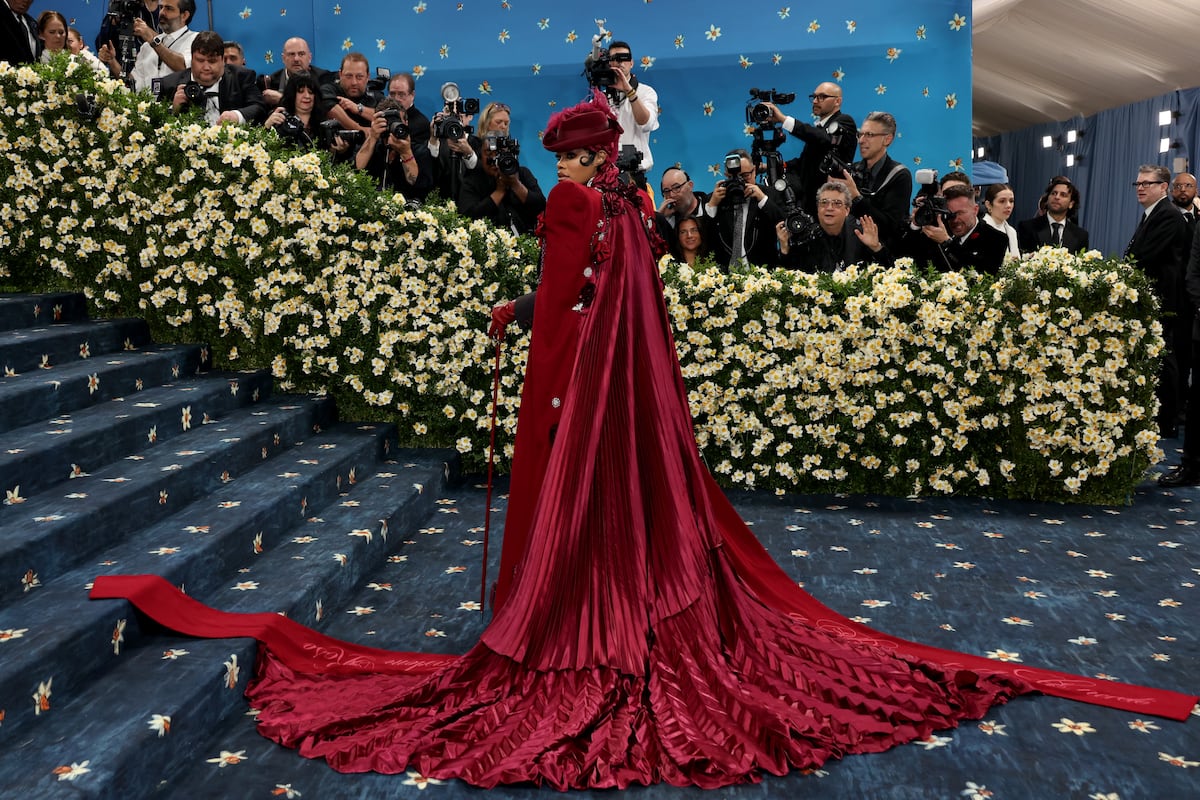
Both the United States and Ukraine on Thursday expressed their satisfaction with the signing of their long-delayed economic partnership agreement, which finally gives President Donald Trump’s administration a platform to lean more toward Kyiv in the negotiation process for a peace settlement in the war initiated by Russia. The Ukrainian parliament could ratify the pact next week, according to Washington. The U.S. government’s language is now noticeably more emphatic in favor of its ally: “There are no fissures between the American and Ukrainian peoples,” said Treasury Secretary Scott Bessent, a day after signing the agreement with Ukrainian Deputy Prime Minister and Finance Minister Yulia Sviridenko. “This agreement signals clearly to Russia that the Trump administration is committed to a peace process centered on a free, sovereign and prosperous Ukraine over the long term.”
The White House has heaped praise on the signed document—“historic” and “a first-of-its-kind economic partnership for the reconstruction and long-term economic success of Ukraine,” Trump spokeswoman Karoline Leavitt said at a press conference. The agreement “represents the United States taking an economic stake and securing a free, peaceful and sovereign future for Ukraine,” she added.
The agreement, which stipulates the creation of a fund through which the United States will have priority access to new investment projects to exploit Ukraine’s natural resources, is beneficial for both sides. It allows the Trump administration to boast to its voters that it has achieved tangible economic benefits from aid to Ukraine. For Kyiv, it allows it to regain Washington’s support after months in which Trump appeared much closer to Moscow’s position than to that of the invaded country.
In statements this Thursday, Ukrainian President Volodymyr Zelenskiy attributed the signing of the agreement to his conversation with Trump last weekend in St. Peter’s Basilica during Pope Francis’s funeral. It is true that since that private conversation—unlike the previous, humiliating public rebuke of Zelenskiy at the White House on January 28—the president’s tone regarding the war has changed, becoming much more critical of Russia. Trump has even questioned Putin’s sincerity regarding peace and threatened him with new sanctions.
Ukraine’s injury report in recent hours shows that the war continues unabated. There were two people reported dead and dozens more injured after nearly 200 drones and missiles were launched in different regions of the country. The signing of the mineral exploitation deal between Kyiv and Washington is just one of the many milestones needed to bring the war to an end.
This will help Washington continue to support Kyiv throughout the conflict and, subsequently, during reconstruction. This is no small feat, considering that it is the country that has most cemented Ukraine’s defense since Russia launched a major invasion in February 2022 and the one in the best position to pressure Russian President Vladimir Putin.
But ahead lies the long-sought ceasefire, an apparent preliminary stage to genuine negotiations that lay the groundwork for embarking on the path to peace. For now, there isn’t even a hint of the possibility of both sides sitting down together, as the United States is demanding. All that has happened in recent weeks has been indirect contact, which, moreover, demonstrates how far apart the positions are, placing progress toward an end to the conflict at a dead end. But with Wednesday’s signature secured, Washington now wants to focus on bringing Kyiv and Moscow closer together.
Counterweight to Trump’s strategy
In any case, the move to accept an agreement that allows Washington to share the exploitation of its subsoil benefits Kyiv in two ways. On the one hand, it serves to heal the blow dealt to Volodymyr Zelenskiy in the White House on February 28. That day, the possibility of endorsing this pact was shattered. On the other hand, the signing of the minerals agreement serves as a counterweight for Ukraine to the strategy outlined by Trump to end the war, which involves Kyiv ceding territory to the Russian invader.
The businessman Trump, aided by the pragmatism of a Zelenskiy in need of allies, has prevailed with the minerals deal over the political Trump of threats, challenges, and erratic statements.
“The agreement is a boon for U.S. economic and security policy,” notes John Herbst, a former ambassador to Ukraine. “It is essential for the U.S. to have partners that provide critical minerals. But even more importantly, this agreement gives Trump, in terms he understands, a concrete stake in Ukraine’s long-term survival as a secure and economically viable state,” he adds.
The signing of the economic cooperation agreement between the United States and Ukraine has begun to bear fruit immediately: the Trump administration has informed Congress that it plans to export weapons purchased by Ukraine, worth more than $50 million, according to the English-language Kyiv Post newspaper.
This is the first new package of military aid to Ukraine (although Kyiv has purchased this equipment, it has not been donated as was the case during the first three years of the war). It is a clear message of support for the occupied country, and an even clearer warning to Moscow to come to the negotiating table and seriously address a peace agreement.
The text of the agreement, released by the U.S. government, maintains a critical tone toward the Kremlin, referring to Russia’s “large-scale invasion” of Ukraine and asserting that “no state or person who financed” the war will be allowed to “profit” from it. Kyiv also obtains other benefits, explicit or implicit: the pact does not mention that the revenue Washington will receive will be considered payment for previous military aid, as the White House had demanded, and it opens a way for the United States to resume supplying defense equipment to the occupied country. Kyiv would pay for this armament through the new fund, which would also be used to finance reconstruction after the war.
The pact, which will likely be ratified by the Ukrainian Parliament by mid-month—or sooner, according to the White House—only provides for the sharing of profits from new licenses granted since its entry into force and must therefore respect existing contracts, which will not be affected. The agreement also cannot interfere with Kyiv-EU relations or with the process that could lead to Ukraine becoming a member of that institution.
Sign up for our weekly newsletter to get more English-language news coverage from EL PAÍS USA Edition







Comentarios